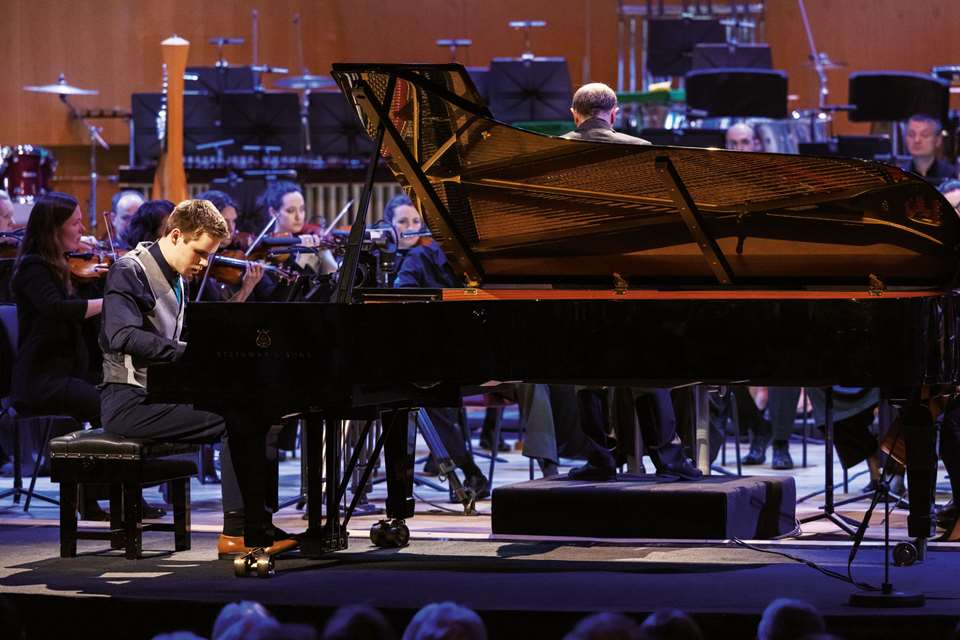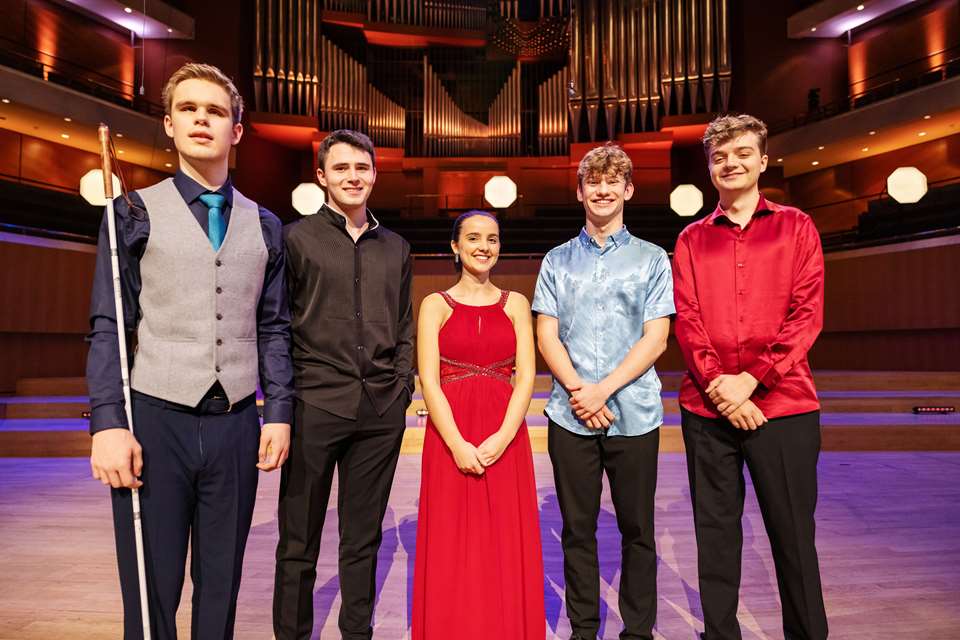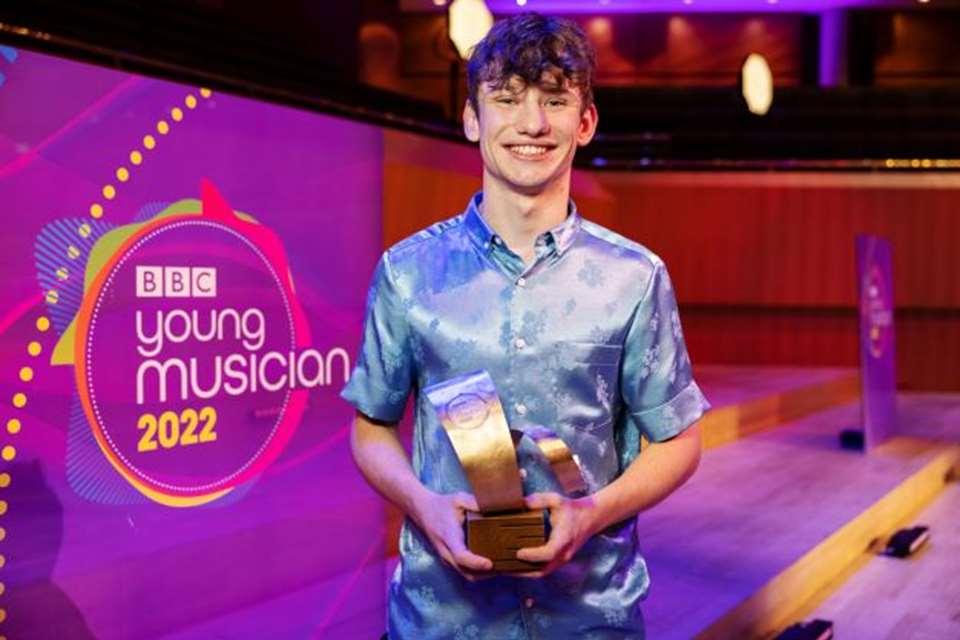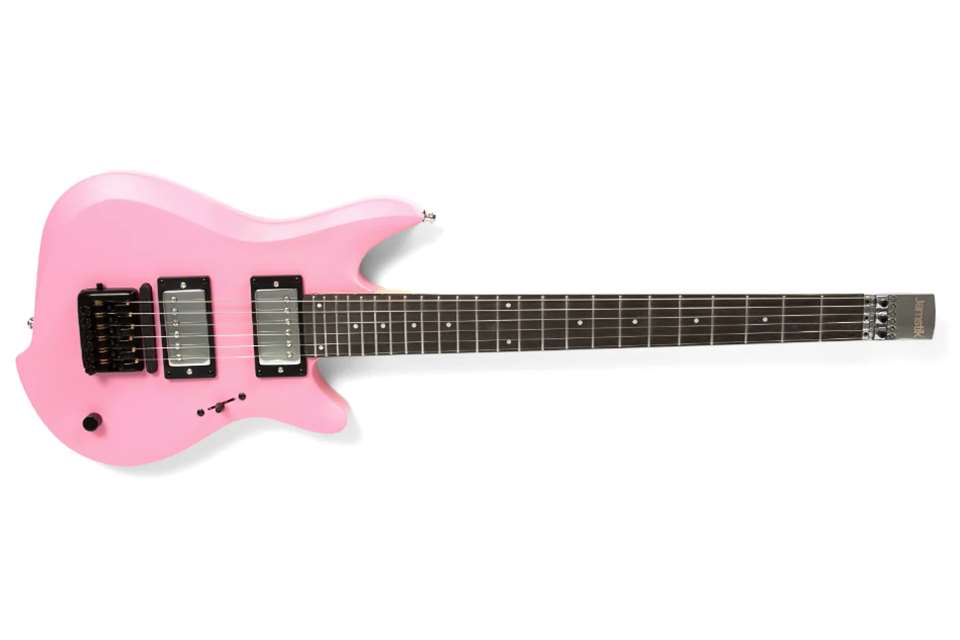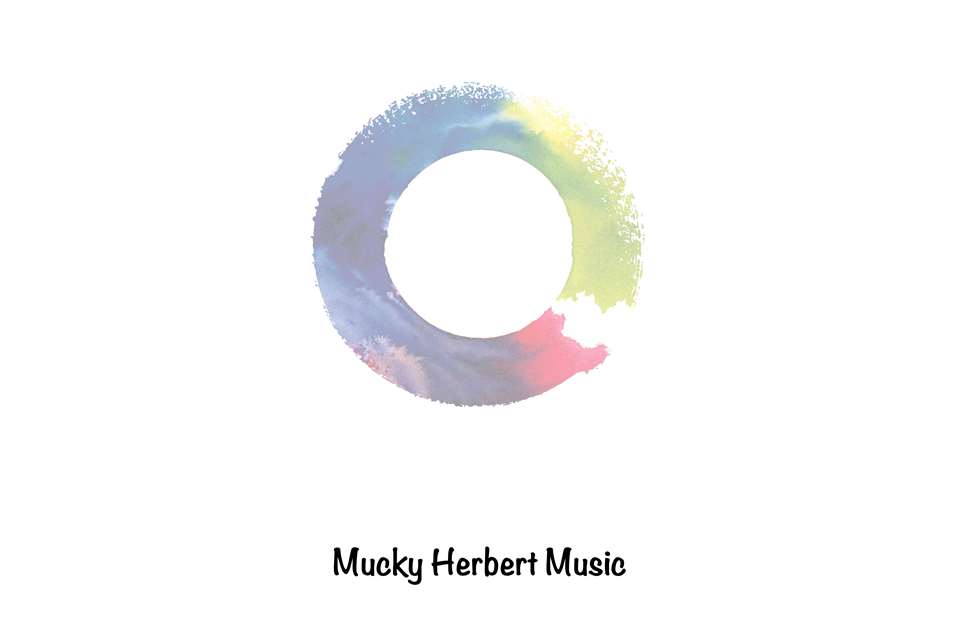Q&A: Ralph Porrett
Hattie Fisk
Wednesday, March 1, 2023
Ralph Porrett has toured with YolanDa Brown's band, been the first guitarist to perform in the final of BBC Young Jazz Musician, and worked with Orchestras for All. Hattie Fisk catches up with the 23-year-old guitarist to hear his thoughts on playing, practising and education.
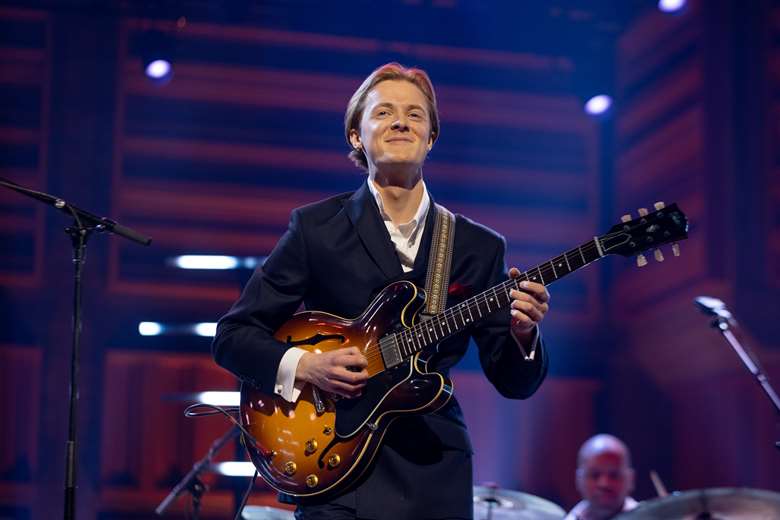
Tricia Yourkevich BBC / Ralph Porrett
HF: When did you first pick up the guitar, and how did it come about?
RP: My grandad plays the guitar and I remember always being drawn to the instrument. We used to have impromptu folky jam sessions at the dinner table after Sunday lunch. I've been playing for about 12 years now, but I had cornet lessons for a long time before I picked up the guitar. My parents met in a Shropshire brass band, mum playing percussion and dad the trombone. I remember watching their gigs as a toddler – these are some of my earliest memories.
HF: What was it like to perform in the final of BBC Young Jazz Musician (not just once, but twice)?
RP: It was a huge privilege, and I was over the moon to reach the final! It's really fascinating to be part of such a huge operation. Working with BBC producers, stage managers, organisers, sound and lighting was very fun. Two years ago, YolanDa Brown presented the final and I've been playing with her band ever since. We've toured Spain and the UK festival circuit, played at Ronnie Scott's, the Jazz Café, Royal Festival Hall and have lots more exciting things in the pipeline. This year, the final was broadcast from the Queen Elizabeth Hall and I composed a suite of music, Ode To Arnheim, especially for the show. The piece takes inspiration from one of René Magritte's surrealist landscapes and an Edgar Allan Poe short story – you can watch it on iPlayer.
HF: How do you practise improvisation?
RP: Since practice is so personal, everybody's approach is different. That's why I think it's important to treat improvisation practice as a series of experiments – with each experiment leading you closer towards a method that works for you. I keep a practice diary of the time I've spent on various exercises. I hold myself accountable for practice too, using a wall planner or a calendar, but I know this doesn't work for everyone. Using the Pomodoro Technique helps me to be as intentional as possible with my limited practice time.
I find it helpful to break down my regime into three main parts: melodic, harmonic and rhythmic exercises. Once I've chosen an approach, I'll set a limitation. This is useful for breaking out of old habits and exploring seldom trodden territories on my instrument. For guitarists, once I've picked the melody, harmony or rhythm to focus on, I limit myself to a specific position on the neck. For example, a rhythmic exercise could be: improvising only crotchets on Autumn Leaves from fret 5 to 9. Transcription has also been a big part of my practice and I enjoy copying the language of other instrumentalists as well as guitarists – Gwilym Simcock (piano) and Sonny Rollins (tenor sax) are two of my favourites.
HF: Do you have any tips on how to practise guitar?
RP: Practice is about consistency. Showing up and putting in the work. Everybody has days when they don't feel like playing a note; but to make progress you've got to carry on even when you don't feel like it. I love what Charlie Parker said: 'You've got to learn your instrument. Then, you practise, practise, practise. And then, when you finally get up there on the bandstand, forget all that and just wail'. Also, listen to as much music as you can, play with others, practise your instrument and sing.
HF: Tell me a bit about your work with Orchestras for All (OFA)?
RP: I've been involved with OFA for a couple of years now. This season I've worked with their arrangers to help make the parts for their Modulo project as guitar friendly as possible. I'm looking forward to coaching the guitar students in a series of workshops throughout the Modulo days. OFA is a brilliant organisation that breaks down barriers to give all young people the experience of making music together. I'm extremely grateful that they have me on board.
HF: What has been the most important element of your music education?
RP: Broadly speaking (and I'm sure I'm talking to a like-minded cohort), I believe that it's essential for a student to feel that their self-expression is being valued. Children should be encouraged to explore through play if they're to fulfil their creative potential. Some of my most profound music lessons have been spent listening to music with my teacher. This kind of education cultivates a lifelong appreciation for art.



